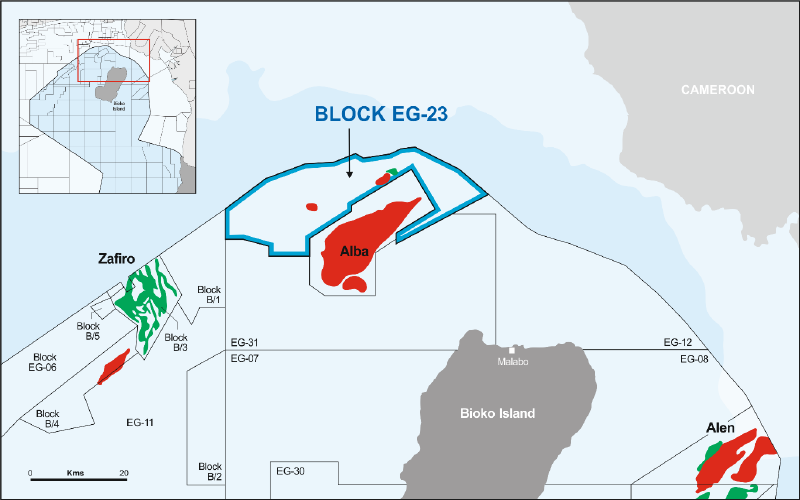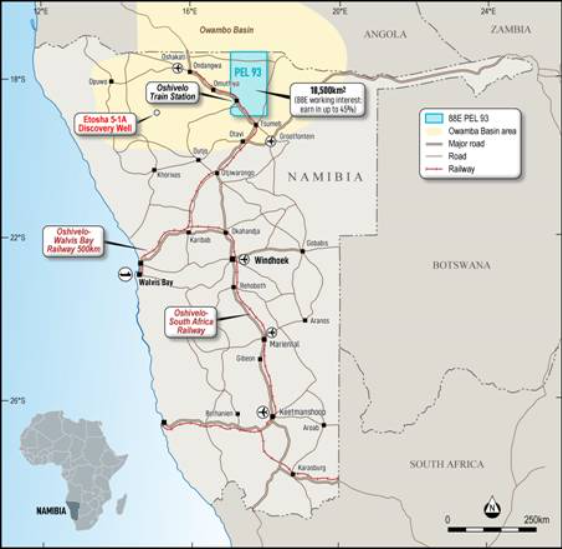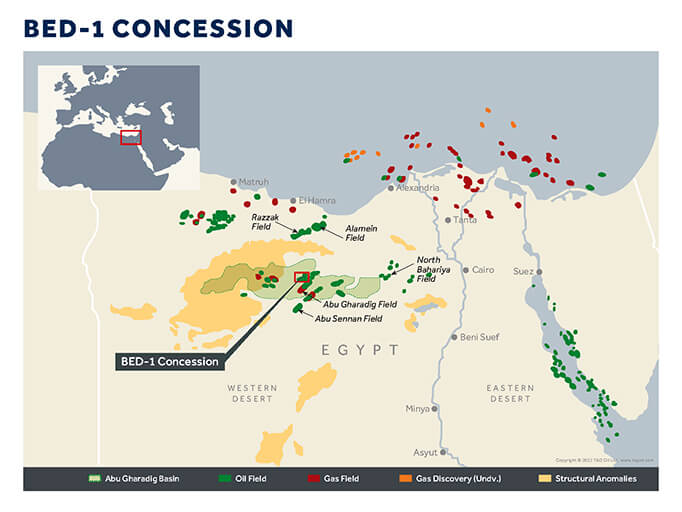KENYA: AICS, Italian Embassy & Eni kick off the programme SEMAKENYA II to Promote Agro-ecology & Biofuels
The Italian Agency for Development Cooperation (AICS), the Embassy of Italy in Nairobi and Eni have launched SEMAKENYA II programme to test climate-resilient agronomic practices and technologies in Makueni County.
The initiative, funded by the Italian Cooperation for an amount of 2 million euro, is supported by the Mediterranean Agronomic Institute of Bari (CIHEAM Bari) in partnership with the Kenya Agricultural and Livestock Research Organisation (KALRO).
SEMAKENYA II will support the cultivation of castor-oil plant varieties on pilot fields and the valorisation of local drought-resistant crops, such as legumes and tropical fruits, with strong commercialisation potential on national and international markets. A digital platform will also be introduced that will directly connect farmers to buyers, with the aim of ensuring fairer trade for farmers and a quality product that meets market demands.
The event organised at the Residence of the Italian Ambassador in Nairobi was attended by the Governor of Makueni County, H.E. Mutula Kilonzo Junior and the Deputy Governor, H.E. Lucy Mulili, the Secretary – Research and Innovation at the Ministry of Agriculture and Livestock Development, Dr. Oscar Magenya, Deputy Director of CIHEAM Bari, Biagio Di Terlizzi, and the Managing Director of Eni Kenya, Enrico Tavolini. Also present were the Director of the Nairobi Regional Office of the Italian Development Cooperation Agency, Giovanni Grandi, and representatives of the Italian private sector, local institutions and civil society.
SEMAKENYA II represents the first concretisation of the Memorandum of Understanding signed by Eni Kenya and AICS’ Nairobi Office in 2021 to strengthen the “Italian System” in Kenya by implementing joint cooperation initiatives. The programme is in line with Eni’s decarbonisation strategy in the country, which envisages the introduction of sustainable oil crops, such as castor, and the start-up of agri-hubs for the production of vegetable oil for use in biorefining, creating new income opportunities for farmers and jobs in the country.











